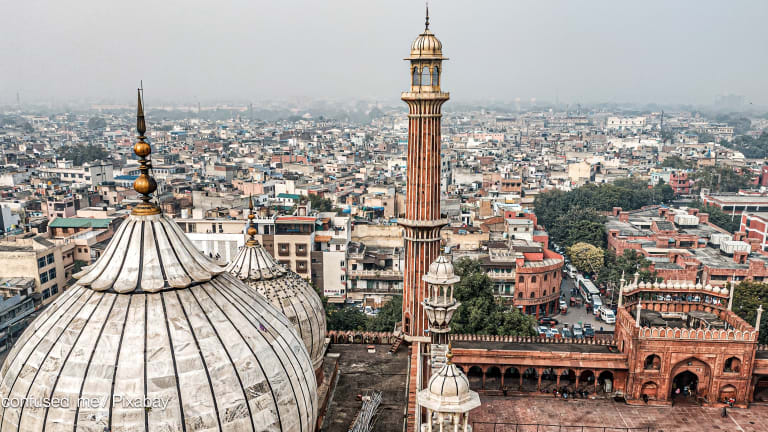The Asian Development Bank (ADB) is the pre-eminent multilateral lending institution in the Asia-Pacific region. Created in 1966, the organization seeks to uplift the living standards of the region’s 2 billion people living on less than USD 2 a day by implementing effective and sustainable programs designed to reduce poverty and enhance social development.
Hua Du is the Bank’s Country Director for Bangladesh, a poor South Asian country grappling with an unmanageably enormous population resulting in extremely high poverty rates. It also had the misfortune of being struck by one of the worst natural disasters in decades, Cyclone Sidr, responsible for the deaths of over 3,000 people and the destruction of billions in infrastructure. The sudden increase in occurrences of natural disasters around the world has been intrinsically linked and attributed to global warming and climate change. “In Bangladesh, for instance, disasters, including severe floods and cyclones, disproportionately affect the poor in terms of health, housing, employment, livelihood, and food security. The damaged public infrastructure prevents access to health and education facilities and markets. Damaged municipal and community infrastructure, including waste and sewerage facilities, increase health risks, especially for the poor and the vulnerable. Recurrent floods contribute to the shifting of river courses and result in riverbank erosion and siltation,” said Du. “The result is frequent drought and famine. The damage caused by floods is staggering, especially when compared with the damage and losses suffered by other countries that are vulnerable to floods. The impact of climate change on agriculture and fisheries is also immense.”
Du pointed out, however, that the issue is one that isn’t insurmountable, as long as states pool resources with the aim of finding an effective and doable course of action to mitigate the impending crisis, particularly for the developing countries of Asia, which stand to lose most from climate change’s negative repercussions. “ADB stands fully committed to help meet the challenges presented by climate change and welcomes partnerships with both developed and developing nations, as well as leading knowledge institutions in Asia and the Pacific. Climate change is a global issue, but the solution will hinge to a large degree on how quickly the rapidly growing economies of Asia and the Pacific can transition onto a low-carbon development path. ADB is already working to support its developing member countries by filling gaps in financing, capacity and knowledge, helping create enabling policy and regulatory environments, and promoting collective action. We need a broad-based consensus on the complex issues like greenhouse gas emissions and energy use around the world. This needs wide consultations and greater understanding among the world community and setting of targets to be met. In this context, I believe that the initiatives taken by Global Call to Action against Poverty and People’s Forum on MDGs will be instrumental to raise awareness and mobilize government actions around the world to combat climate change,” she remarked.
Du was appointed as the ADB’s Country Director for Bangladesh in 2005, after serving as the agency’s Deputy Country Director since 2002. She joined the Bank in 1994, acquiring extensive experience in South Asian countries – Bhutan, India, Maldives, Nepal, Pakistan, and Sri Lanka – being involved in a host of different projects and programs. Prior to her tenure at the Bank, Du worked in India, Japan, Poland, and the UK, as a researcher. She holds a Ph.D. in Economics from the University of Sussex in England.








